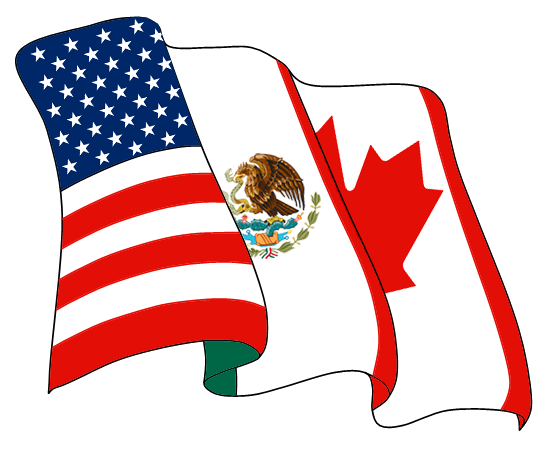
by Deanna Matzen
I started reading a new book the other day. It's called "The One-Life Solution" by Dr. Henry Cloud. It's not about the environment, but rather about boundaries and work life. So, in a way, it is about the environment -- the emotional, relational, and performance environments we live in every day -- and in another way, it's about the community of people working on behalf of the environment.
Why am I reading this book? Well, I'm going to be candid for a moment. Environmental work is hard work. It's fast-paced like the rest of our society. We see a very urgent need and we are all running after a solution. And, let me tell you, things are busy over here at Earth Ministry and there are days that I know I'm not keeping up.
So as I was reading the book during my lunch break the other day, I was struck by something. First I'll share the text and then I'll comment.
"The issue of boundaries is one of the biggest issues that all of us will face in business and life....The long and the short of it is that time and space --long-depended upon boundaries on work --no longer exist. So, work has become an invader of the rest of life, in time, space, energy, and other ways. Family interaction decreases, and quality of interaction decreases. Other social ties suffer as well. Now people spend hours they used to spend on life together in front of some
kind of screen instead--working....The result of this, and the disappearance of many other
boundaries from our society--such as morals and values that used to contain a lot of destruction and help to integrate our characters--is that more and more we are living in a "structureless" life."
When I read those words I thought, "hmmm...ain't that the truth." Then I reflected on Earth Ministry's attempts to enter and use the world of screens to get our message out. For example, this year we have started a this blog, created a group and cause on Facebook, and sent out more email alerts. When we started our Facebook page, most of the staff had not ventured into the realm of online communities. For me, it was fun to see how many friends I had and to keep up on the daily life of friends far away. But the longer I'm on Facebook, the more I realize that it's just a disconnected use of my time. I don't "see" my friends nor engage in any of the quality conversations that I thrive on...those conversations where we talk about life, faith, politics, the world, our loves and passions, musings and stories.
And when I started to really examine it, I realized that one of the great benefits of Earth Ministry is that we still hold events like the Celebration of St. Francis and Colleague Consultations. These are events where people come together face to face and have those moments of "destruction and help that integrate our characters". When we engage in conversation about morals and values, we break down and deconstruct our ideas and beliefs that act as barriers to integrating our selves as whole people and as whole societies.
In the season of presidential politics, aren't you starving to get your face out of the TV and look at people in real time and space? Or maybe you're tired of talking politics at the water cooler, rehashing everything the media has said on a topic. If this is you, I invite you to engage with Earth Ministry members, board and staff by attending one of our upcoming events. Set some boundaries on work and TV...come have fun with us, learn with us, worship with us, breathe in some fresh hope, engage with us and connect with God through community. In the end, you may find yourself a little more integrated!






















